The power the Church of England has in the UK
Critics have questioned the relevancy of the Church’s influence in schools and politics
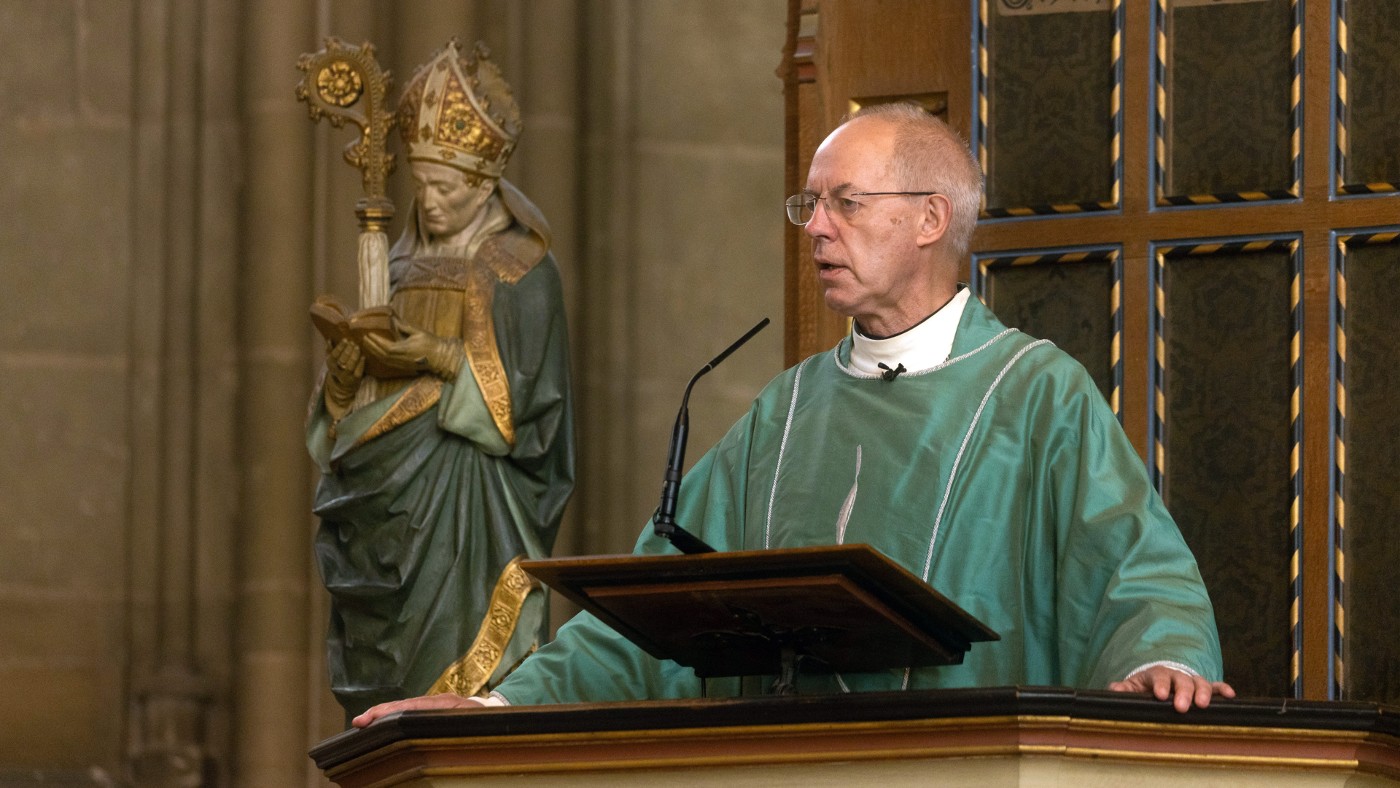
A free daily email with the biggest news stories of the day – and the best features from TheWeek.com
You are now subscribed
Your newsletter sign-up was successful
Calls for an end to the Church of England’s role in parliament and schools have increased after census results revealed that England is no longer a majority Christian country.
Less than half the population of England and Wales – 27.5 million people – described themselves as Christian, 5.5 million fewer than the last census, in 2011, found the Office for National Statistics, adding to calls to “disestablish” the church.
“Secularists and others” now want disestablishment – an end to the Church of England’s position as an established church, said The Guardian.
The Week
Escape your echo chamber. Get the facts behind the news, plus analysis from multiple perspectives.

Sign up for The Week's Free Newsletters
From our morning news briefing to a weekly Good News Newsletter, get the best of The Week delivered directly to your inbox.
From our morning news briefing to a weekly Good News Newsletter, get the best of The Week delivered directly to your inbox.
But just how powerful is the Church of England in British society?
How many church schools are there?
There are 4,632 Church of England schools and 200 church schools in Wales, explained the Church of England’s website. This means that approximately one million children attend Church of England schools and around 15 million people alive today went to a Church of England school.
Many church schools are state-funded and this has caused tension because exemptions to the Equality Act allow state faith schools to “use religion to discriminate over which pupils they admit, who they employ and what they teach”, wrote Andrew Penman in the Mirror.
He added that he “had to pretend to be Anglican for several years” so his children could get into the local primary school, “where the Church of England monopolised half the places”.
A free daily email with the biggest news stories of the day – and the best features from TheWeek.com
Some have pointed to a wider influence the church has on education. The Observer’s Harriet Sherwood noted the legal requirement for every state school to hold an act of daily worship that is “broadly Christian in character”.
How does the Church influence politics?
Under current rules, 26 bishops are guaranteed seats in the House of Lords. The archbishops of Canterbury and York, the bishops of London, Durham and Winchester and 21 other bishops in order of seniority together form the “Lords Spiritual”, explained the UK Parliament website.
This clerical influence on law-making has provoked criticism. There are “only two countries in the world that automatically give places in their parliaments to clerics”, wrote Penman: “Iran, that bastion of religious brutality”, and the United Kingdom. Writing for Open Democracy, Scot Peterson claimed that the appointment procedure is “secretive and flawed”.
However, defending their presence in the Lords in an article for PoliticsHome, the bishop of Durham said that for “those who argue that religion should keep out of politics, as Christians we look to the example of Jesus Christ, who did not fail to challenge those in authority when the needs of those on the margins were ignored”.
The Church has other influences in Parliament. For instance, Anglican prayers are held at the start of parliamentary business each day and places in the chamber are reserved by putting down prayer cards.
What is the monarchy’s relationship with the Church?
The Church of England has friends in high places. For instance, the British monarch is considered the supreme governor of the Church and has the authority to approve the appointment of archbishops and other church leaders, said History.com.
King Charles took on the titles Defender of the Faith and supreme governor of the Church of England following the death of Queen Elizabeth II. However, he has said he will serve people “whatever may be your background and beliefs”.
Will the Church lose its powers?
The news that less than half of the population of England and Wales is Christian has led to renewed calls for the disestablishment of the Church of England. The census result “should be a wake-up call which prompts fresh reconsiderations of the role of religion in society”, Andrew Copson, chief executive of Humanists UK, told the Mirror.
Former Labour leader Jeremy Corbyn is a long-standing supporter of disestablishment. In 1999, he said “many people in this country think that it is wrong to have an established Church” because “we are a multicultural, multi-faith society” and therefore “no religion or Church should be given pre-eminence over others”.
Some within the Church have even called for change. Giles Fraser, an Anglican priest and media commentator, told The Observer he believes in disestablishment “not because it’s the right thing for the country, but because it’s the right thing for the church”.
He added that “we’ve been turned into flunkies of the establishment, seduced by pomp and circumstance. Disestablishment would require the C of E to reinvent itself.”
Chas Newkey-Burden has been part of The Week Digital team for more than a decade and a journalist for 25 years, starting out on the irreverent football weekly 90 Minutes, before moving to lifestyle magazines Loaded and Attitude. He was a columnist for The Big Issue and landed a world exclusive with David Beckham that became the weekly magazine’s bestselling issue. He now writes regularly for The Guardian, The Telegraph, The Independent, Metro, FourFourTwo and the i new site. He is also the author of a number of non-fiction books.
-
 How the FCC’s ‘equal time’ rule works
How the FCC’s ‘equal time’ rule worksIn the Spotlight The law is at the heart of the Colbert-CBS conflict
-
 What is the endgame in the DHS shutdown?
What is the endgame in the DHS shutdown?Today’s Big Question Democrats want to rein in ICE’s immigration crackdown
-
 ‘Poor time management isn’t just an inconvenience’
‘Poor time management isn’t just an inconvenience’Instant Opinion Opinion, comment and editorials of the day
-
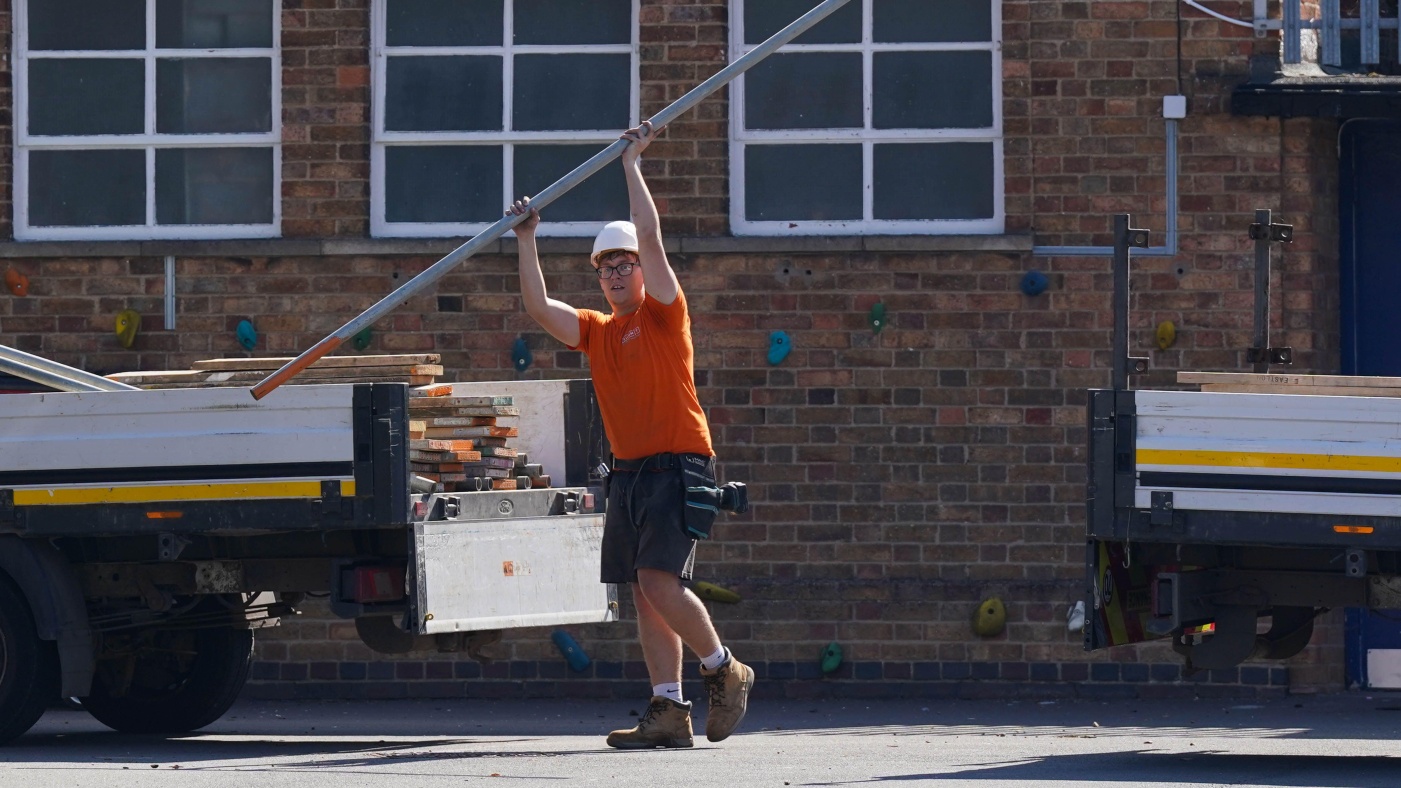 The RAAC concrete crisis: fears spread to hospitals, homes and theatres
The RAAC concrete crisis: fears spread to hospitals, homes and theatresfeature Experts call for tens of thousands of buildings to undergo safety checks as crumbling schools scandal escalates
-
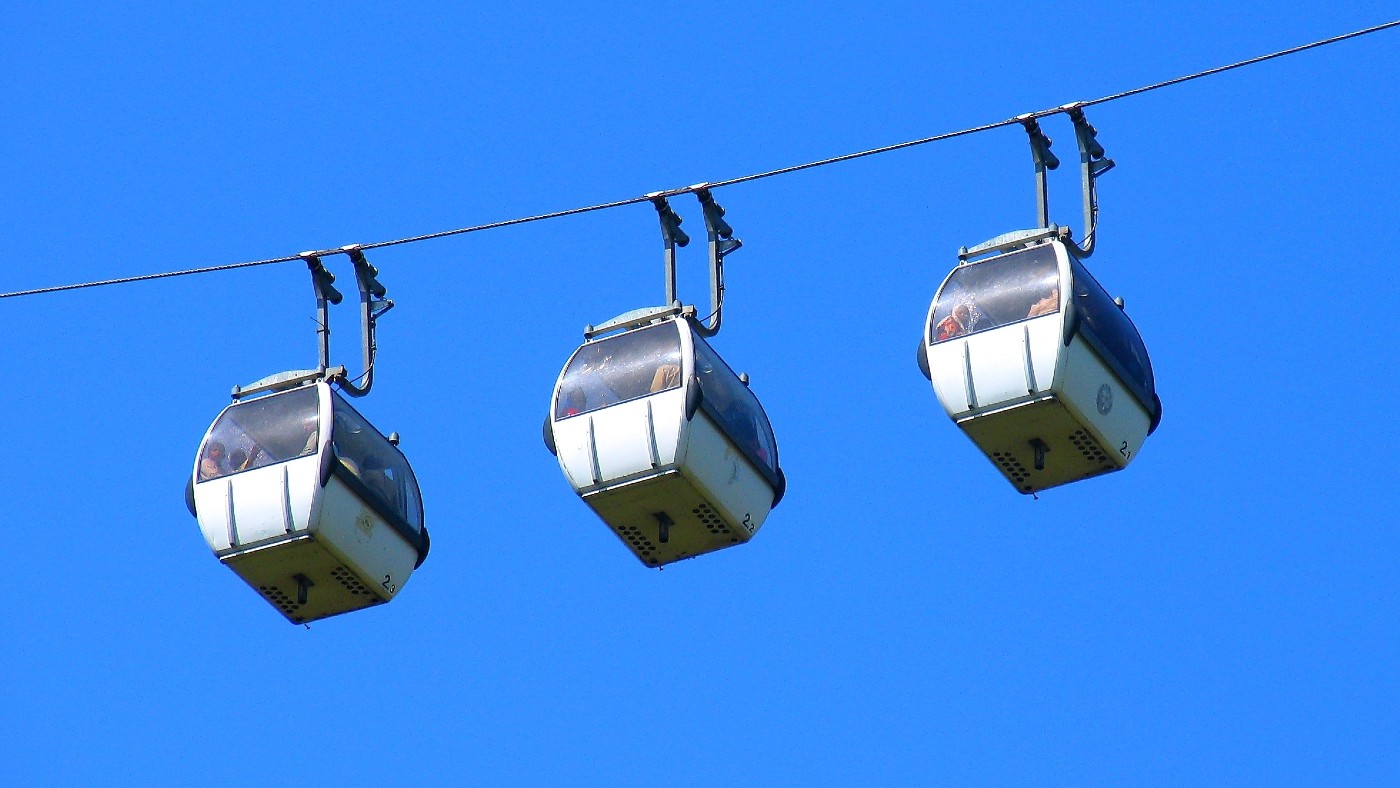 Children trapped 900ft in the air in Pakistani cable car emergency
Children trapped 900ft in the air in Pakistani cable car emergencySpeed Read A helicopter rescue effort has been launched to save the stranded group of eight
-
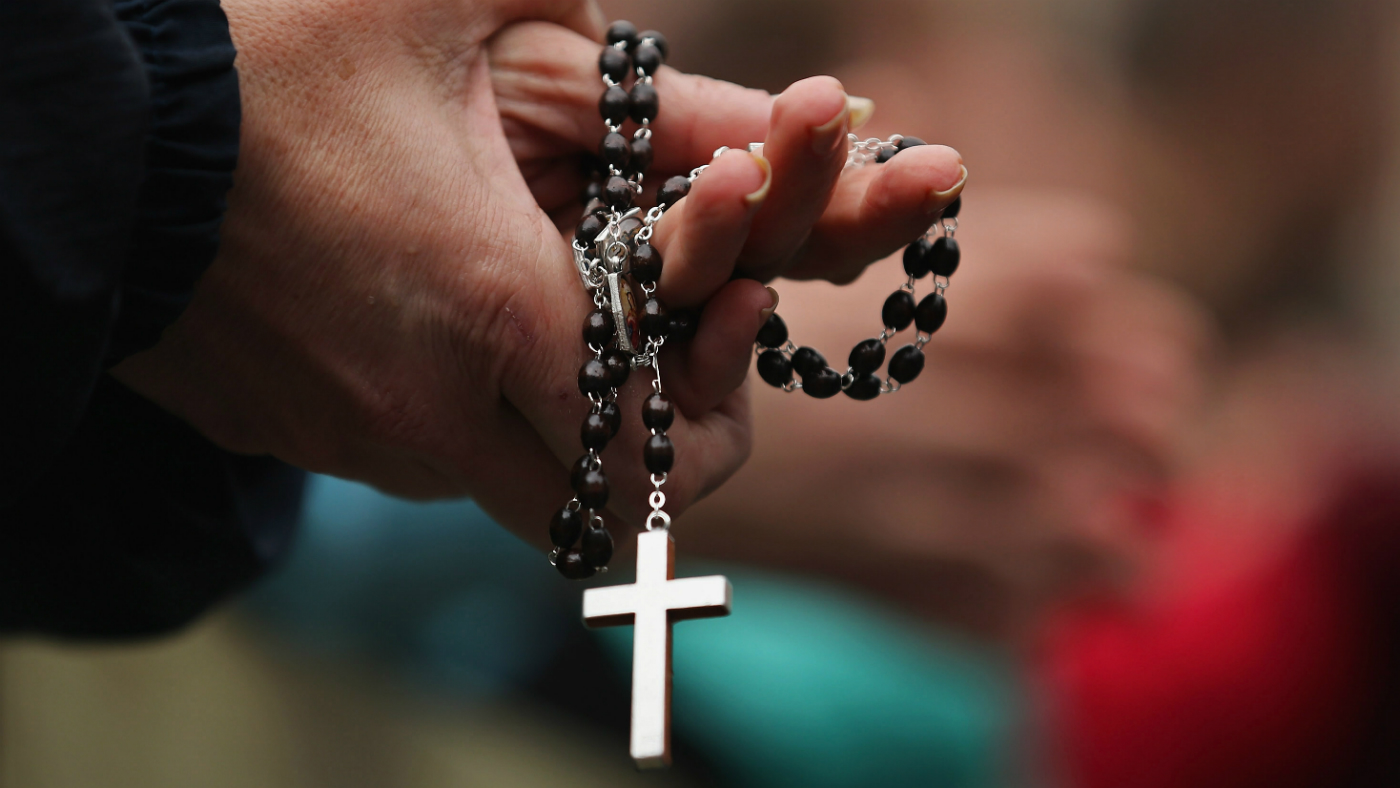 Exorcists ‘may be helping’ the Devil
Exorcists ‘may be helping’ the Devilfeature And other stories from the stranger side of life
-
 Andrew Tate and the radicalisation of teenage boys
Andrew Tate and the radicalisation of teenage boysTalking Point Teachers say male students are being sucked into former kickboxer’s ultra- macho world where they are exposed to his disturbing views
-
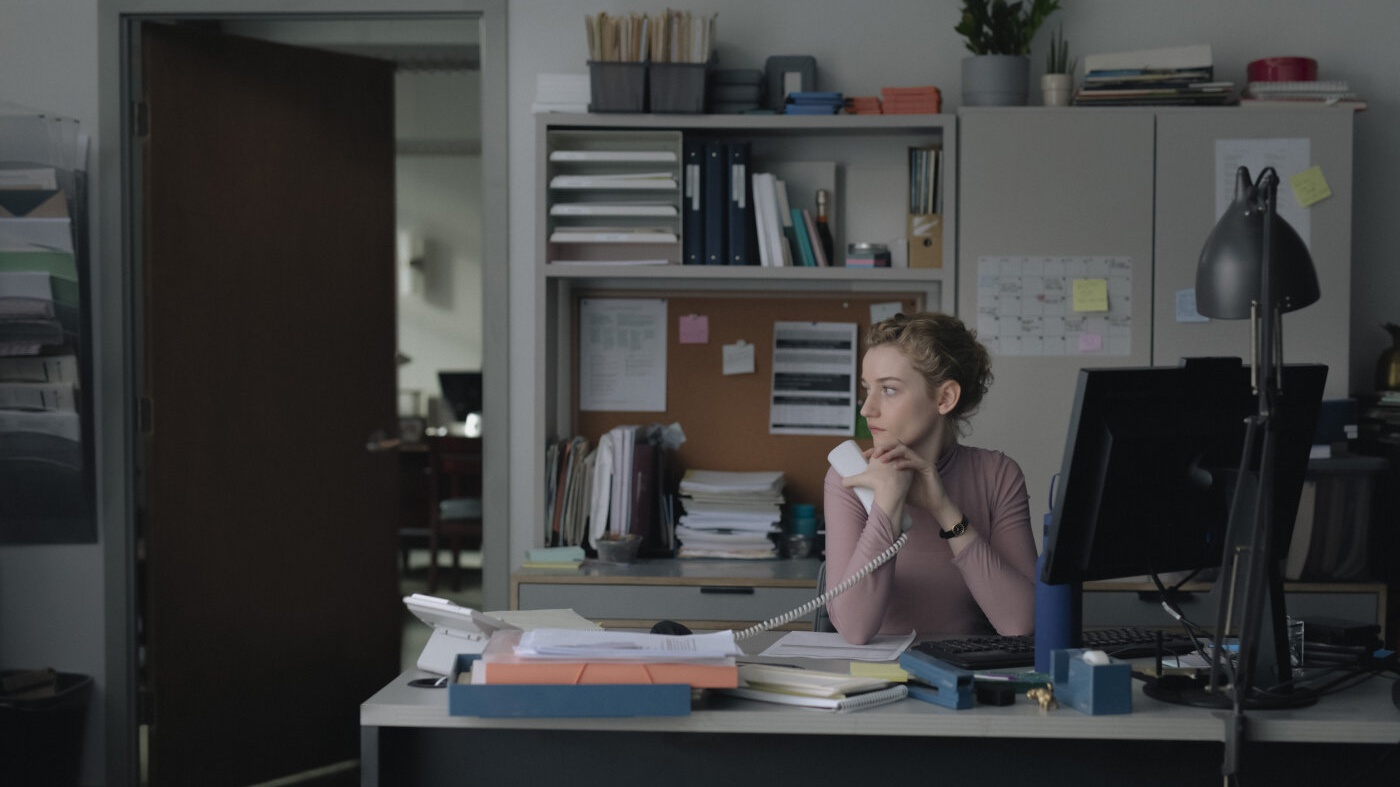 The Week Unwrapped: Home-working pay cuts, Taiwan and Cinderella
The Week Unwrapped: Home-working pay cuts, Taiwan and Cinderellapodcast Should people who work from home earn 20% less? Is Taiwan at risk of a Chinese invasion? And what does the failure of Andrew Lloyd Webber’s latest production tell us about post-Covid theatre?
-
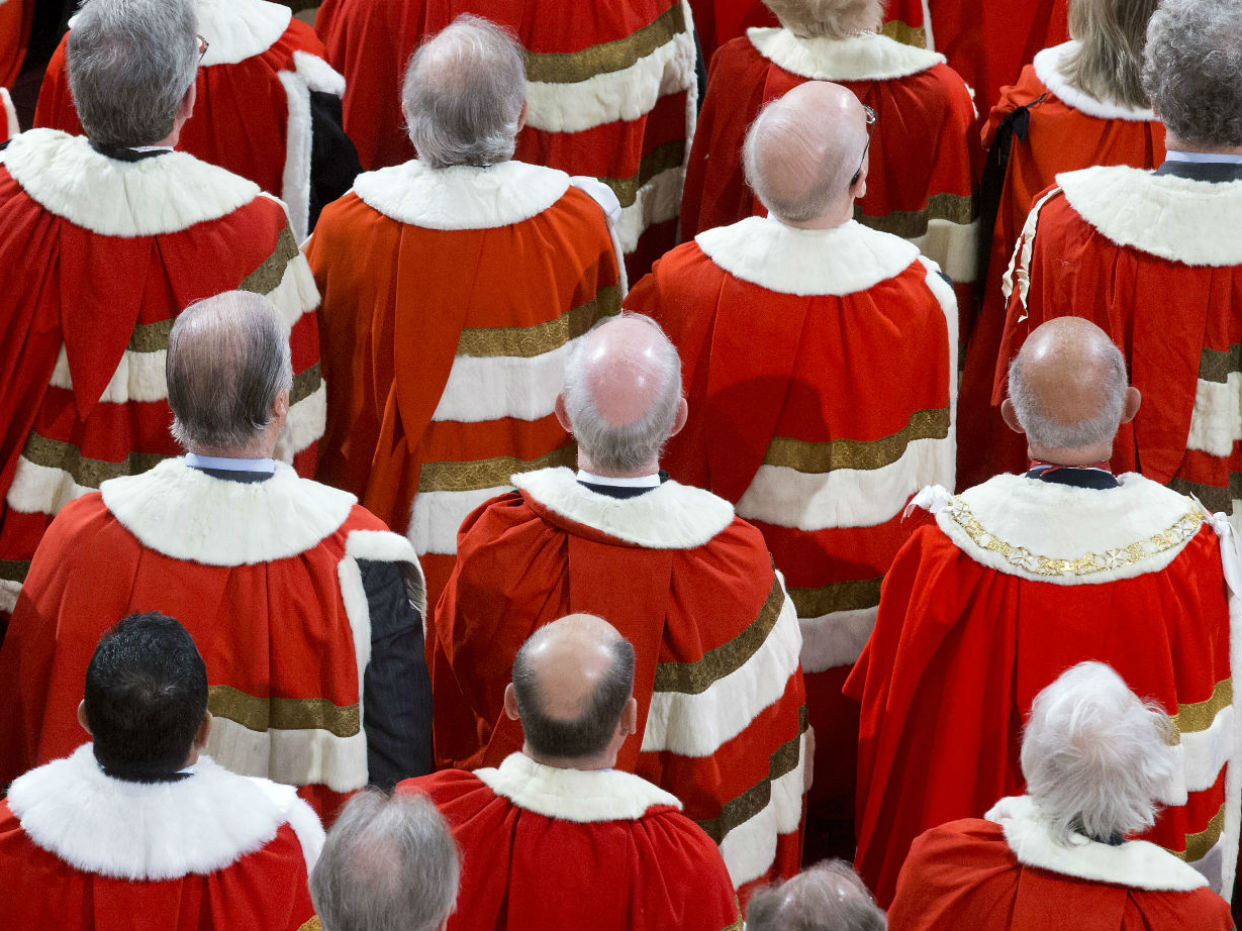 ‘The House of Lords is reaching peak Looney Tunes’
‘The House of Lords is reaching peak Looney Tunes’Instant Opinion Your digest of analysis from the British and international press
-
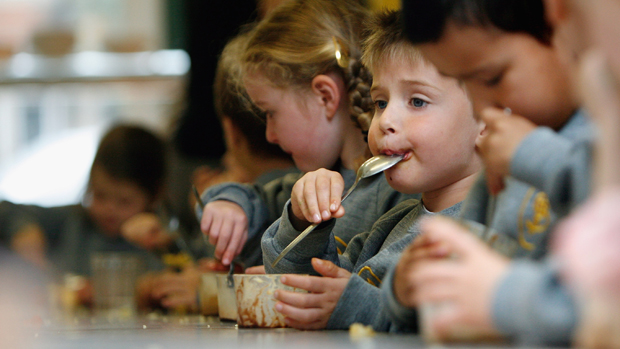 The Week Unwrapped: Schools, births and children’s appetites
The Week Unwrapped: Schools, births and children’s appetitespodcast Do private schools make pupils happier? Is the NHS still failing British mothers? And when do we learn to be carnivores?
-
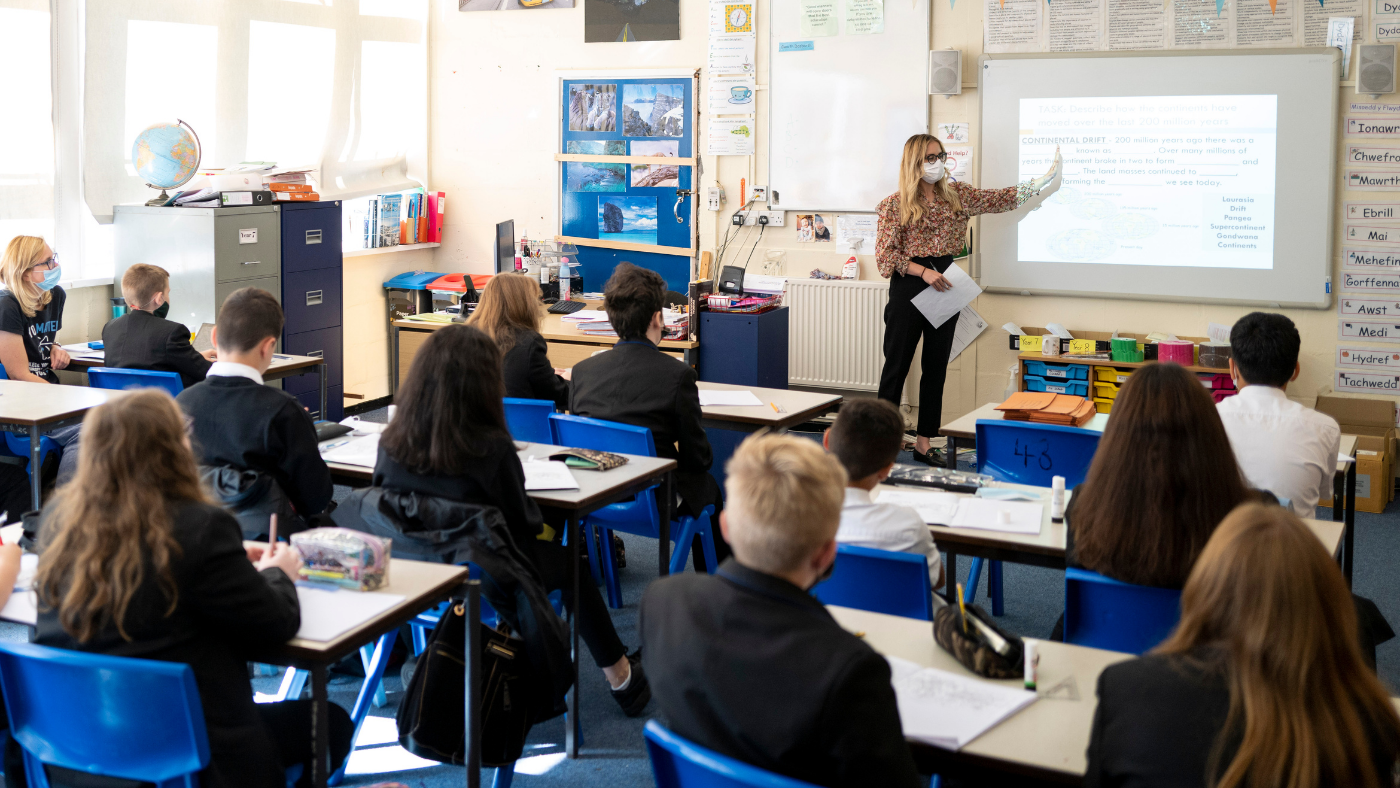 ‘Teaching positives of colonialism brushes dead bodies under the carpet’
‘Teaching positives of colonialism brushes dead bodies under the carpet’Instant Opinion Your digest of analysis from the British and international press